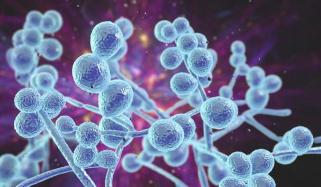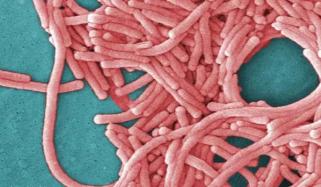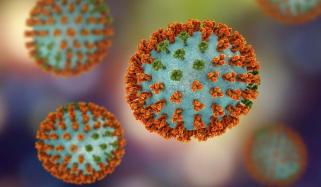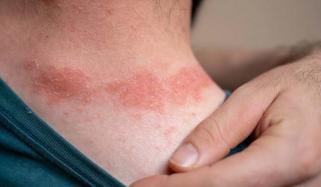
Researchers have discovered a unique brain connectivity pattern that has predicted the higher risk of developing autism spectrum disorder (ASD).
According to Neuroscience News, the study published in Nature Communications Biology found distinct brain connectivity patterns in six-week-old infants at risk for autism.
As per the findings of the research, differences in brain responses emerge earlier than ASD-related behaviours.
Research authors wrote, “Although our modest sample size and the single timepoint for evaluating Salience Network connectivity are limitations in the current study, the overall results strongly suggest that atypical patterns of Salience Network connectivity may reflect a developmental vulnerability.”
Shulamite Green, PhD, assistant professor and corresponding author, noted, “An emerging theory in autism research is that differences in sensory processing may precede the more classic social and communication symptoms of autism, and this data supports that theory in showing that very early brain differences related to how attention is allocated may predict both sensory and social behaviours in toddlers.”
Geffen added, “In other words, more attention to extraneous sensory stimuli in the environment could make it difficult to attend to social cues, and this difference in attention could really affect how the brain develops across the first year of life and beyond.”
Mirella Dapretto, PhD, co-author, explained, “What I find compelling about these converging findings in such young babies is that they provide both a mechanistic and theoretical account for the lack of the typical attentional biases for social stimuli seen in older infants and toddlers who later receive an ASD diagnosis.”















